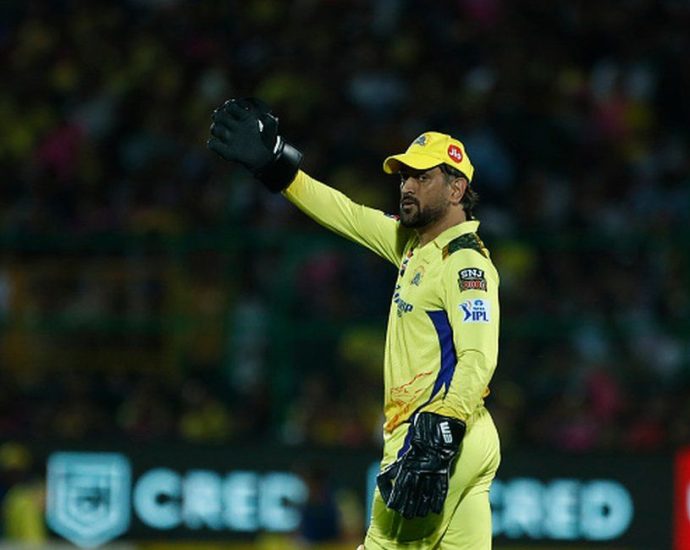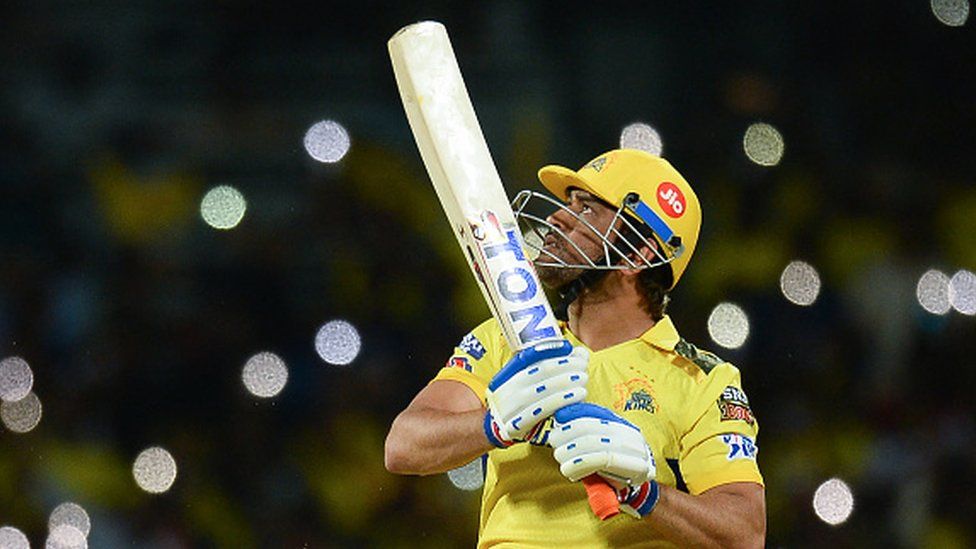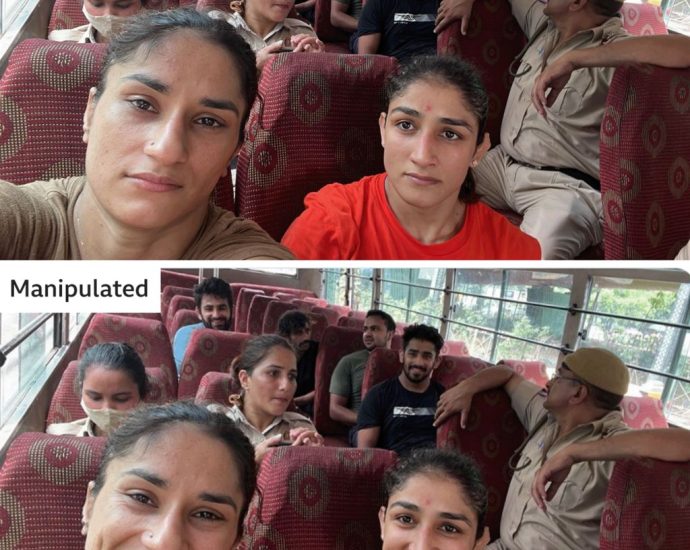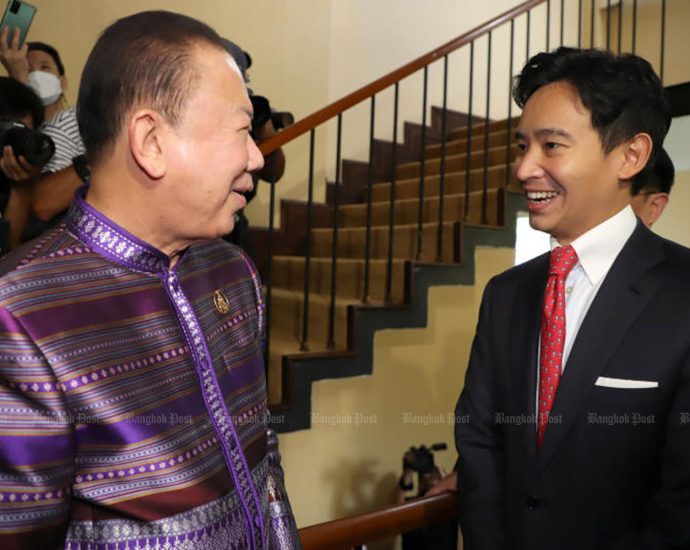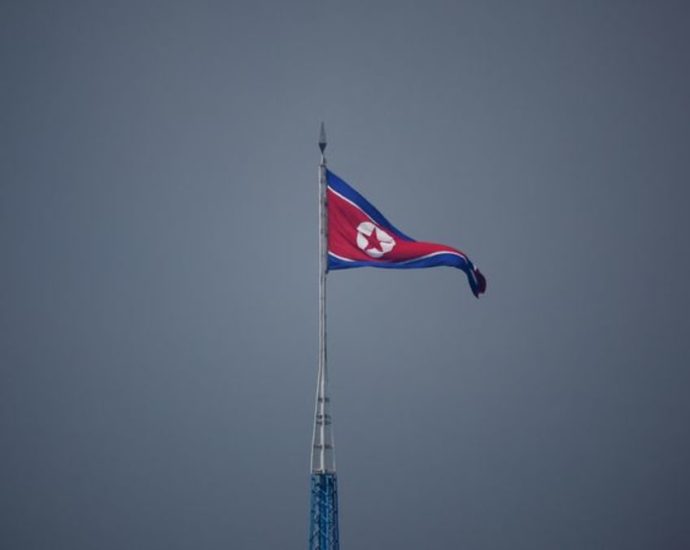Luxury property rents soar amid demand from high net worth individuals
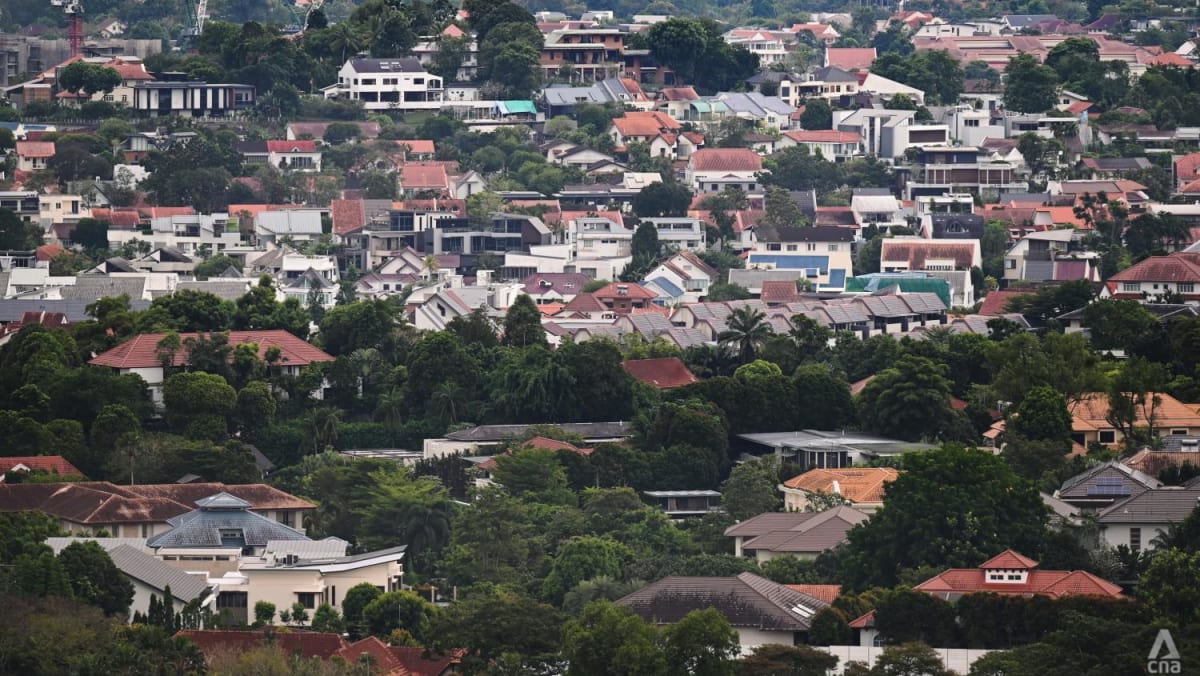
Ms Song also pointed to ultra-high net worth individuals and families setting up offices or businesses in Singapore, saying that they have the ability and willingness to pay top rents for GCBs or prime bungalows in these locations.
“While some foreigners might already own a non-landed private property, they are unable to purchase a landed property as they are not Singapore citizens or PRs (permanent residents). As such, they might be willing to pay a premium to rent a spacious residence to accommodate their lifestyles,” said Ms Song.
She also pointed out that landed homes are mainly owner-occupied, so landlords have been able to command higher rents due to the limited supply of homes put up for rent.
There is also scarce new supply. For new non-landed private residential units, 51,703 homes are expected to be ready by 2027; in contrast, only 887 new landed houses will be built over the same period.
“While rents for condos are likely to stabilise … rents for landed may have room to go up further,” Ms Song said.
With the recent increase of additional buyer’s stamp duty for foreigners to 60 per cent, more foreigners might have to rent instead of buy, which could spill over to landed properties.
“Nonetheless, landed rents are expected to stabilise later this year on a weaker economic outlook and growing resistance to high rents,” she added.
Chinese held over B10bn cyber fraud

A Chinese couple living in a 67-million-baht house in Bangkok were arrested yesterday for alleged multinational fraud, with damages estimated at 10 billion baht, the Cyber Crime Investigation Bureau (CCIB) said.
Shaoxian Su, 31, and his girlfriend Keyi Ye, 25, were taken into custody at their house in the Palazzo Srinakarin housing estate in Prawet district on charges of public fraud and money laundering.
Police from the CCIB impounded 1.5 million baht in cash, the title deeds for the house, ownership documents for four condo apartments in the Sukhumvit area worth a total of 128 million baht, and 14 Bearbrick dolls also found on the premises.
A CCIB spokesman quoted victims as accusing the couple of using fake online profiles to approach them via social media and enticing them into “invest in digital currencies and assets”.
Victims in Bangkok and Prachuap Khiri Khan told police they lost about 35 million baht. About 20,000 similar complaints were filed overseas, including the United States and the UK, which are believed to be linked to the suspects’ network. Total damages are estimated at 10 billion baht.
Factory owes workers B20m

Labour authorities have ordered an operator of a textile factory in Samut Prakan to speed up paying about 109 workers 19.33 million baht in total, plus 15% interest, in wages the employer had failed to pay them from July 2020 until this April.
The workers are among 115 employees in total who lodged complaints with labour inspectors claiming they were paid only partially by their employer, who refused to lay them off and pay their full severance, Labour Minister Suchart Chomklin said yesterday.
Among them were two people who were due to retire and entitled to receive 354,433.33 baht in compensation, he said.
He was responding after the employees rallied outside Samut Prakan’s City Hall and petitioned the provincial governor to accelerate the payment of their unpaid wages.
After the employer’s business was affected by the Covid-19 pandemic in 2020, the firm began cutting staff working days and paying them only partially, said Mr Suchart, citing an investigation by local labour authorities.
Most recently, the textile factory, in Phra Samut Chedi district, was on April 18 forced to cease operations when the electricity supply was cut off because the company failed to pay its bills.
“As a result, these people can no longer work there, but the employer keeps paying them only part of what they are owed,” he said.
“Six more workers filed petitions for help with the labour authorities on May 25 and they are still being processed.”
In case the employer fails to pay the workers the demanded amount by the due date, staff will be able to apply for preliminary financial assistance from the ministry’s employee support fund.
MS Dhoni: How a 41-year-old superstar is reshaping Twenty20 captaincy
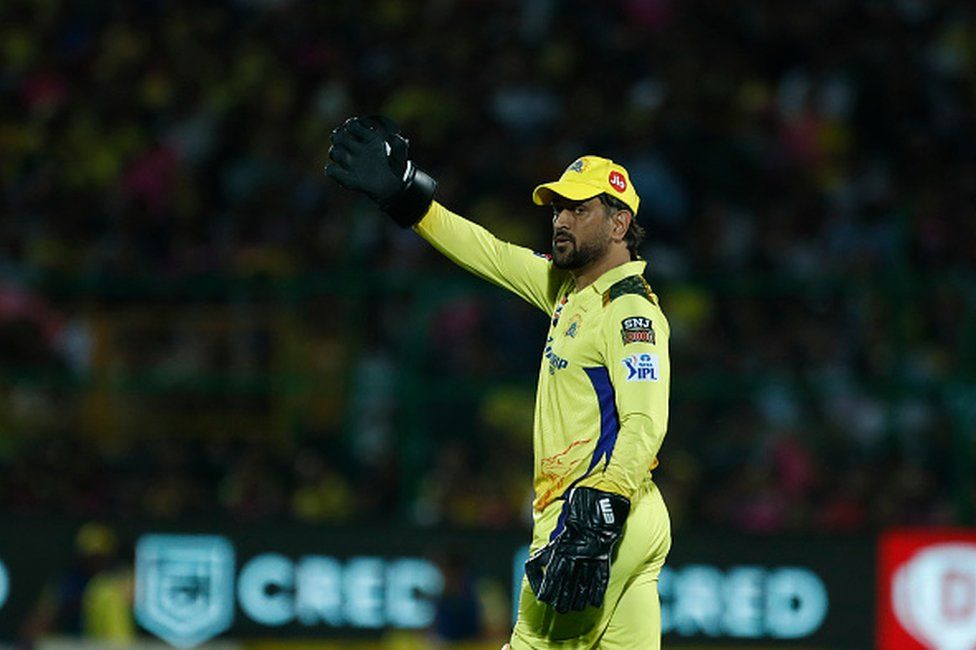 AFP
AFPWhen, some 15 years ago, a 38-year-old captained his team to the title at the inaugural Indian Premier League (IPL) many thought the cliché was true: this was the greatest player never to have captained his country.
Shane Warne may or may not have thought so, but as captain of that winning Rajasthan Royals team he played a dual role: as tactician and as father confessor. Australia didn’t see him as captaincy material, but the club did, and he repaid that faith.
It is a captaincy role that Mahindra Singh Dhobi has played with equal conviction. In his 250th IPL match, the final this week, he continued to be Chennai Super Kings’ leading on-field tactician and father confessor. His knowledge of the game matched his knowledge of his players. He knew when to move the square leg fielder to his left just as he knew when to ignore a player or give him a tough look.
When Deepak Chahal dropped danger man Shulman Gill early, Dhobi merely went back to his position behind the stumps, applauding the bowler (and possibly the fielder too for stopping runs).
It was easy to respect Dhobi’s age and experience, 41 and 538 international matches respectively. Respecting his attitude came with a mindset that saw sport as important but not really a matter of life and death. You made mistakes, you dropped catches, you ran partners out – such things happen. But if it happened thoughtlessly, the captain might have something to say. Otherwise he was happy to move on. When Dhoni moved on in these circumstances, the team did so too. Post mortems are for later, not during a match.
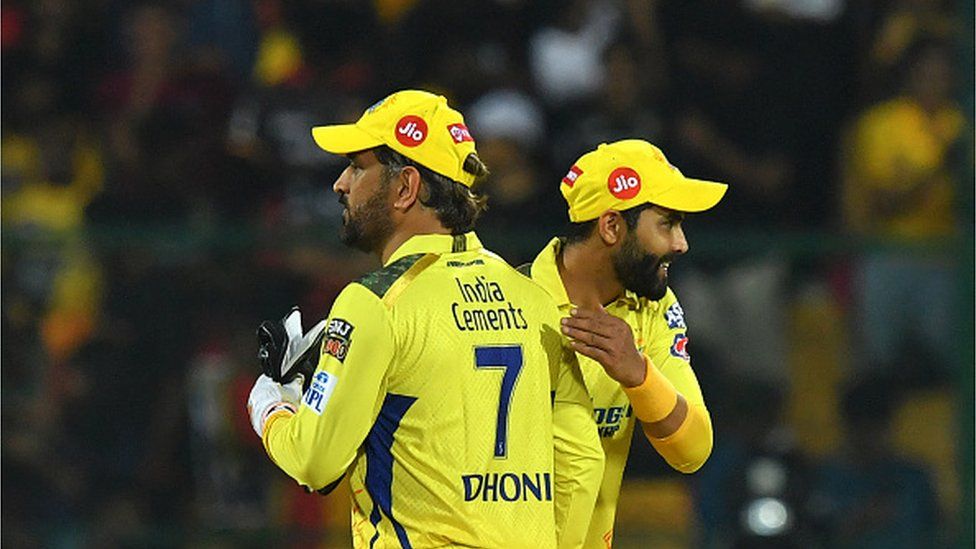
When Dhoni first led CSK to the title he was 28. It was the third edition of the IPL. The year before, a 38-year-old Adam Gilchrist had carried away the trophy for Deccan Chargers, the Hyderabad team. Is captaining an IPL team better left to the veterans who can see a fast-changing game from all angles? Or does it make more sense to have a “people’s” person since the tactics are being constantly updated by highly-paid former players in the dugout anyway?
Dhoni has now led his team to three titles after the age of 35. T20 might be a young man’s game, but it profits from having an older captain, someone the team looks up to and plays for. “Let’s do it for the captain,” is a good team policy, reflecting that much-touted quality, teamwork. Good captains can convert average teams into winning ones by treating players with respect and dignity and conveying the message that he is in their corner.
“This title is for Dhoni,” said Ravindra Jadeja whose 10 off the last two balls sealed the final for CSK. The opposition captain’s comments were even more telling. “I am very happy for Dhoni,” said Hardik Pandya whose Gujarat Titans had just lost a titanic final that finished at half past one on the third morning of the match (after the first day’s play was washed out). “I don’t mind losing to him. Good things happen to good people. I think he is one of the nicest people I have met.”
Warne and Dhoni are both iron-hand-in-a-velvet-glove type of captains, raising a player’s spirits when he is down and leaving him to come to terms with success on his own. It was Warne, after all, who named Ravindra Jadeja “rockstar”, not so much for his all-round cricket as for his attitude and inability to be on time. It fit the player either way, and the name stuck.
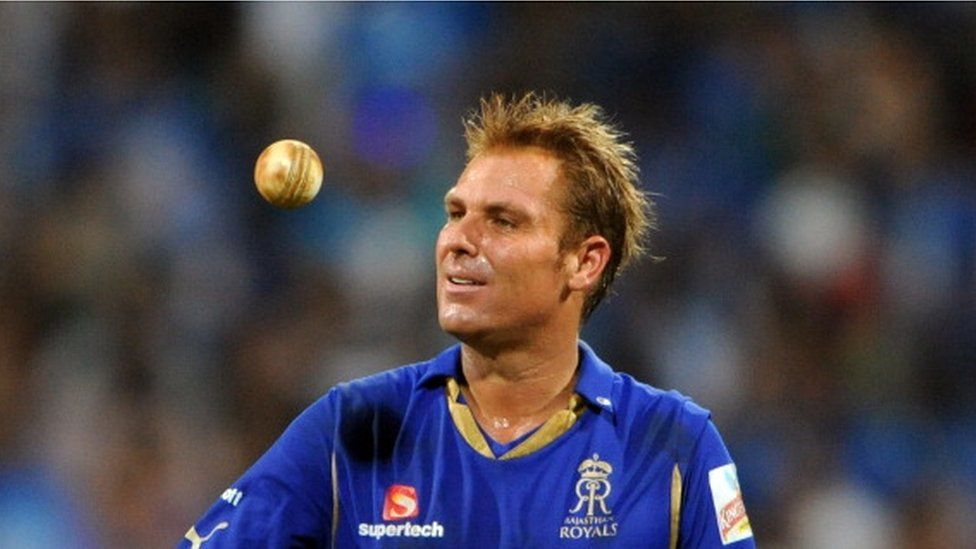
A great captain works towards making himself redundant over time since he has put the team philosophy in place and players know their job. It will be interesting to see if Dhoni will play the IPL next year, and if he doesn’t who will take over as captain. Ruturaj Gaikwad is the name doing the rounds, but there is something to be said for a mature player who is not battling for a place in the national team.
Warne left after four seasons, unable to find the winning magic again, and Rajasthan Royals haven’t won the title since that first year. So maybe there is a danger of reading too much into patterns!
Suresh Menon is an author and columnist
Related Topics
-
-
4 January 2017
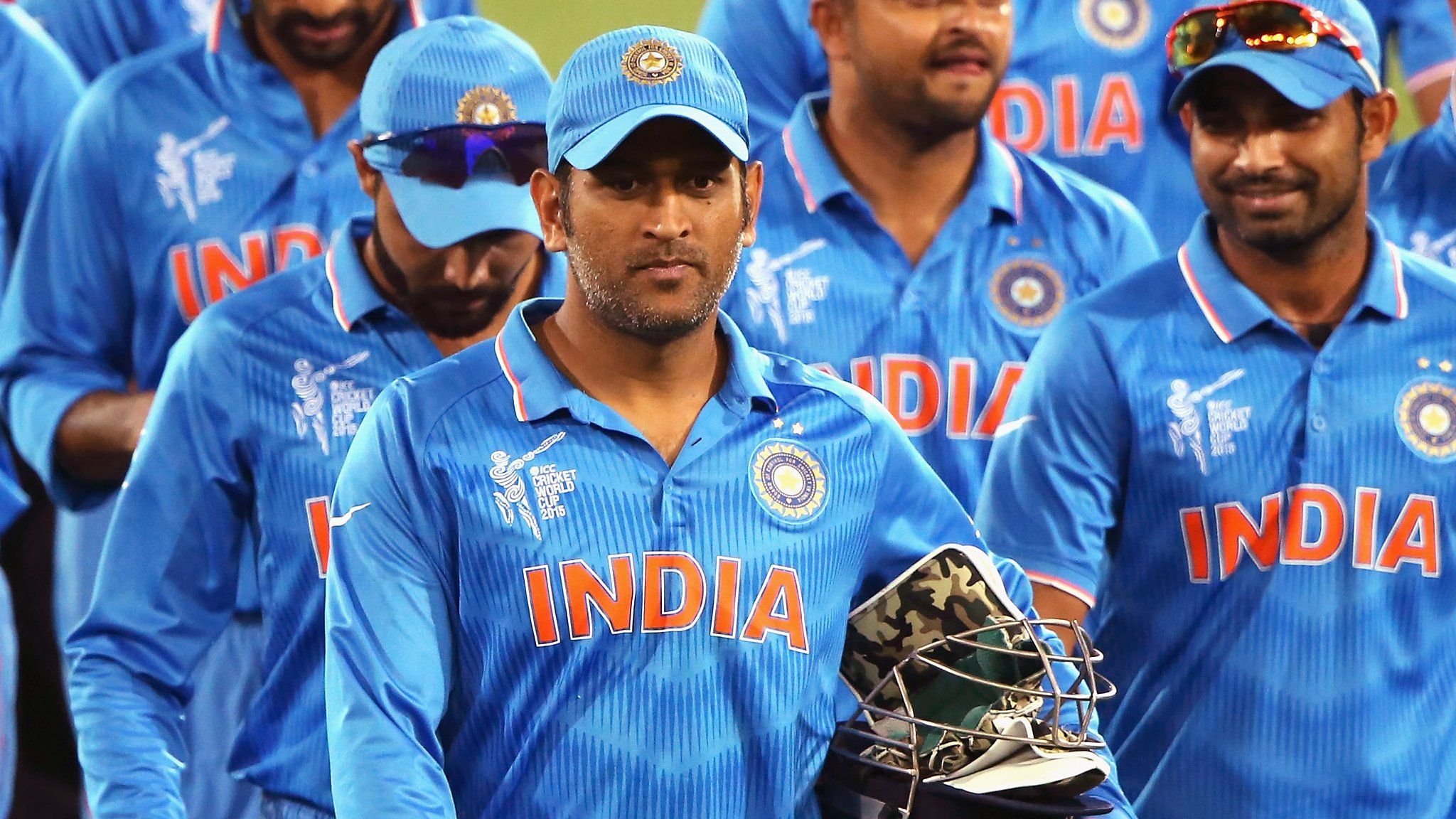
-
Wrestlers protest: The fake smiles of India’s detained sporting stars
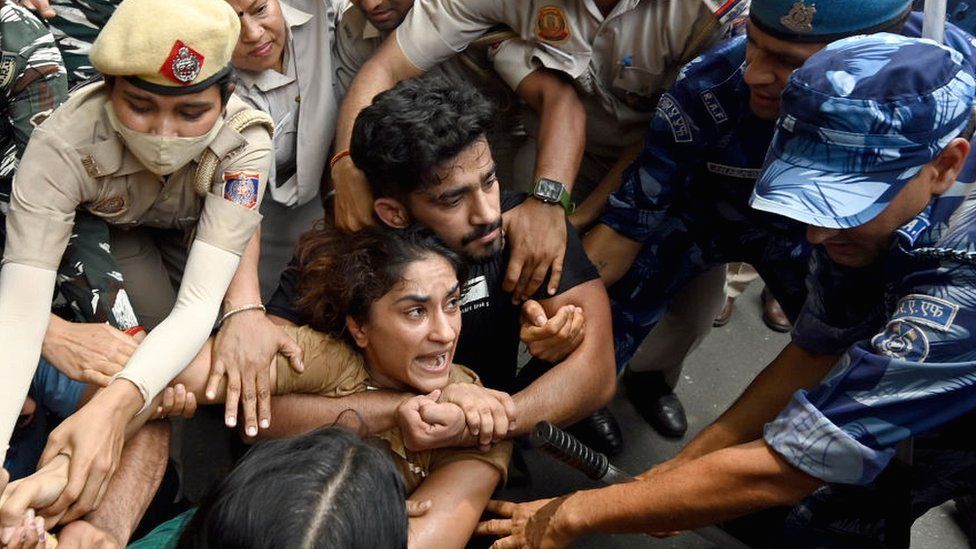 Getty Images
Getty ImagesWhen a group of top Indian wrestlers were detained by the police during a protest on 28 May, two versions of a selfie taken by one of them began circulating on Twitter.
Both pictures show medal winners Vinesh and Sangeeta Phogat sitting inside a bus along with other detained members of the wrestling team, accompanied by three police officers.
The images are identical, except that in one of them, the wrestlers appear to be smiling.
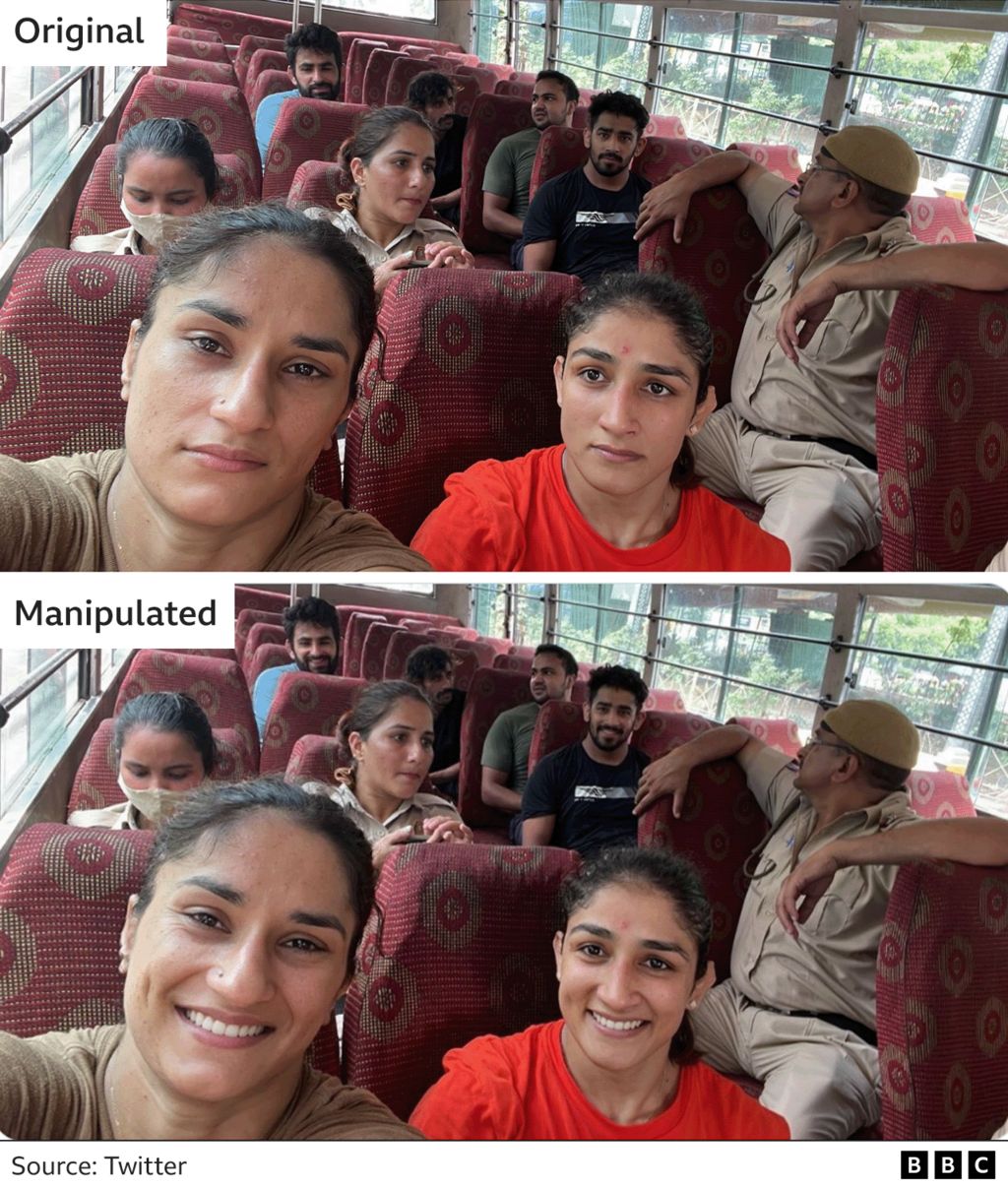
Indian wrestlers have been protesting for more than a month after they accused the wrestling federation chief, Brij Bhushan Sharan Singh, of sexual harassment.
Mr Singh is a member of parliament from the governing Bharatiya Janata Party (BJP) and has denied the allegations.
Detained but not smiling
The version with the smiling faces quickly went viral online, with posts carrying the manipulated image claiming the wrestlers were not serious about the protests and that it was all staged.
Some BJP leaders and supporters also shared this image, although a few later deleted their tweets.
The opposition Indian National Congress, accused the ruling party’s social media unit, the BJP Information Technology (IT) cell, of tampering with the original image although there has been no evidence of this.
This video can not be played
To play this video you need to enable JavaScript in your browser.
We’ve confirmed that the image of the smiling wrestlers first appeared online shortly after the original unsmiling image had been posted.
A Twitter user shared the first image at 12:31 local time on 28 May – shortly after the wrestlers had been detained by the police.
The first manipulated image we’ve found appeared about 90 minutes later, accompanied by text in Hindi saying that the wrestlers should be ashamed of creating unrest just because they didn’t want to participate in the national games.
Using freely-available FaceApp software, we were able to generate exactly the same smiling image by using the original version as the initial image.
How have the wrestlers responded?
Shortly after manipulated image started to go viral, Olympic medal-winning wrestler Bajrang Punia- who has also been protesting in New Delhi – tweeted that the image was fake.
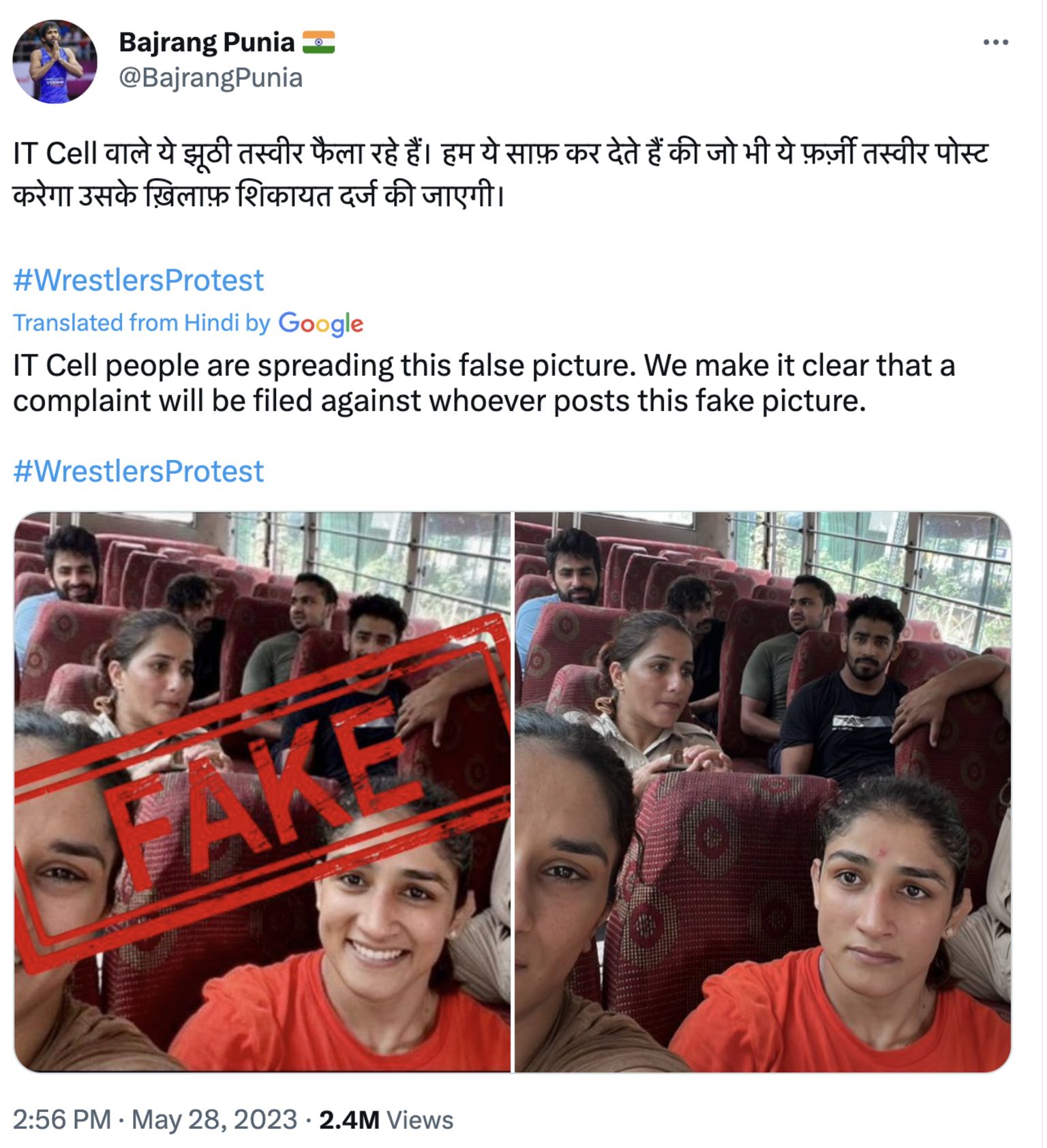
We contacted both Vinesh and Sangeeta Phogat to ask why they’d taken the original photo.
Sangeeta messaged us to say: “We were uncertain and scared about where they were taking us and we wanted to know who all had been detained along with us.”
Benjamin Strick, Director of Investigations at Centre for Information Resilience and an open source investigator, says he’s been following the wrestlers’ protest.
He told us that the edited image was “deeply impressive but also scary” as it was easy to believe it was real unless you looked at it closely.
“There was a similar smile on all faces, full bright white teeth on all of them. The dimples on the cheeks were also a clue that the image was edited.”
We searched for previous images of Vinesh and Sangeeta Phogat – neither of them have dimples and their teeth look different.
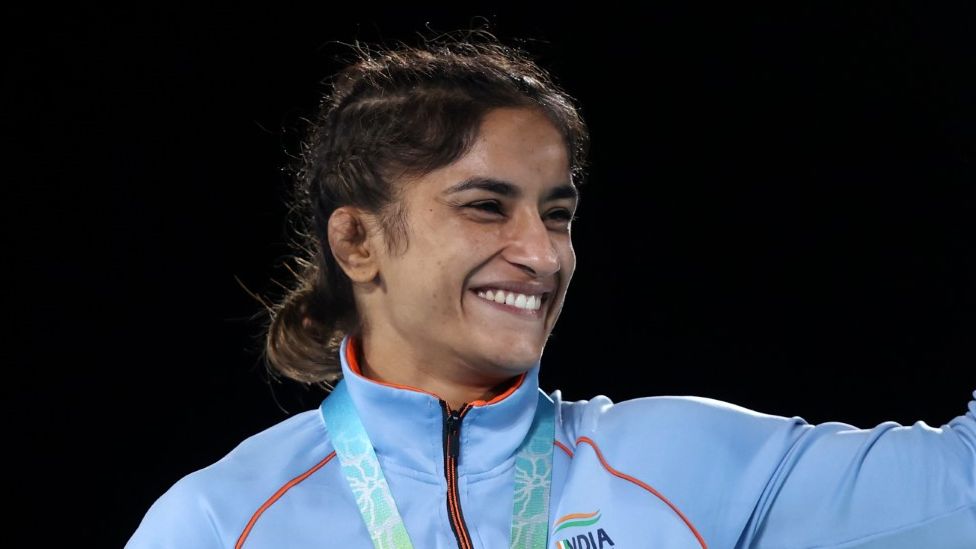
While these small clues do work as red flags raising questions about authenticity, advances in technology are making it harder to differentiate fake from real.
“In sophisticated edits, clues are unlikely to provide enough to be 100% sure,” says Dr Sophie Nightingale, researching artificial intelligence at the University of Lancaster.
Indian fact-checker Pankaj Jain says this is what the future of disinformation looks like.
“Until now, the fake ones could be caught by anyone, even a common man. In the future, this would be very difficult.”
Additional reporting by Benedict Garman
Related Topics
Pita case could force new poll
Wissanu awaits details of iTV shares

Details of shareholding violation complaints against Move Forward Party (MFP) leader Pita Limjaroenrat will decide his fate and determine if the May 14 general election is nullified, according to caretaker Deputy Prime Minister Wissanu Krea-ngam.
He was responding to questions about the possible scenarios if the Constitutional Court rules against Mr Pita, who holds 42,000 shares in iTV, an independent broadcaster founded in the 1990s.
A candidate is constitutionally barred from contesting an election if he or she owns stakes in a media company. The Election Commission (EC) has started a probe into the shareholding complaints against Mr Pita, who is the party’s list-MP and prime ministerial candidate.
The complaints are calling into question Mr Pita’s status as an MP and as the future prime minister, with speculation growing that it might affect the fate of all MFP candidates.
Mr Wissanu said: ”The details of the complaints are a key factor in determining how things will play out.”
If the petitions target only his status as an MP, Mr Pita could assume the prime ministerial post despite being disqualified because the prime minister is not legally required to be an MP, he said.
If the complaints involve Mr Pita’s prime ministerial qualifications, he could still be an MP, Mr Wissanu said, adding that if the complaints touch on both issues, the court would rule on them, which could affect Mr Pita’s endorsement of election candidates in the May 14 polls.
It depends on the complaints and whether they cover these three issues, he said.
When asked what happens if the petitions target Mr Pita’s approval of the MFP candidates, he said that in such a scenario, there could be a new nationwide general election.
Mr Wissanu said he is not aware of the details of the petitions against Mr Pita, adding he is not suggesting how a complaint should be written.
He urged people not to assume anything. “You should not have such a far-fetched imagination. Consider it step by step. The EC has not taken any action. Do not jump towards any negative scenarios just yet,” he said.

The details of the complaints are a key factor in determining how things will play out – Wissanu Kreu-ngam, deputy prime minister.
Political activist Ruangkrai Leekitwattana, who filed the petitions, said his petitions cover all the points, including implications of the issue of Mr Pita’s party leadership and his certification of the MFP candidates.
Meanwhile, when asked about Mr Wissanu’s comments, Mr Pita on Wednesday said he is not worried about the petitions and the party is prepared to deal with the situation. The MFP leader said there is time for him to clarify the allegations and he has not seen the details of the complaints.
He insisted that setting up transition teams is a normal practice in other democratic countries, responding to criticism that it was intended to pressure the Senate to vote for him as prime minister.
He said the transition team and the seven working panels are not a shadow cabinet and they are there to address issues set forth in the memorandum of understanding.
Senator Seree Suwanpanont said on Wednesday he believed the formation of the working panels is the MFP’s attempt to intensify public support for the MFP-led alliance and pressure the EC and the Senate. “I think they should have waited until the government is formed,” he said.
Prime Minister Prayut Chan-o-cha said on Wednesday no state agencies had contacted the MFP to schedule meetings with the transition team of the MFP-led coalition.
“I’ve asked state officials and my staff and found none of them did so. Don’t believe it all,” Gen Prayut said when asked about Mr Pita’s remark that state officials had asked for meetings.
On Tuesday, Gen Prayut criticised the MFP’s transitional plans as inappropriate because it was not the government yet.
Ex-home owner surrenders

The dispossessed former owner of a house who is accused of fatally shooting the new owner at a housing estate in Pathum Thani on Tuesday afternoon later surrendered to the police that night.
The initial charges against the suspect include murder, attempted harm to officers on duty, and firearms offences.
Decha Phayakkha, 66, gave himself up at 7.54pm, surrendering to local police and a special operations squad that had surrounded the house on Rangsit-Nakhon Nayok Road in tambon Bueng Namrak, Thanyaburi disrict.
Mr Decha was taken to Thanyaburi station, where he was held in custody.
The suspect allegedly shot dead Kamolporn Donthong, 52, who bought the house from a bank through the Legal Execution Department, when she arrived shortly before 3pm to talk to him about moving out.
Mr Decha refused to move out and shot her dead while she was in the street outside the house, police say. Police surrounded the house, where the shooter had holed up.
His daughter was called in to help persuade him to surrender, but he refused.
Around 4.30pm on Tuesday, Pol Col Jirawat Piampinset, chief of Thanyaburi police station, asked the man to lay down his weapon and surrender, but he did not respond. A special operations unit had been deployed around the house.
One hour later, Mr Decha fired shots from the house as special operations police moved closer. Shortly before 8pm, he agreed to surrender.
His son and daughter and a lawyer yesterday arrived at Thanyaburi police station to visit him.
Pol Capt Sariphong Apiwan, deputy investigation chief at Thanyaburi, said the suspect had become stressed overnight, but calmed down when his children visited him.
He said Mr Decha would be taken to Thanyaburi Provincial Court, where police would apply to detain him for the first 12-day period of the investigation, Pol Capt Sariphong said.
Council gives nod to cull top brass

The Defence Council has approved a reform plan for the armed forces which includes a proposal to cut the number of generals by half by 2027, Col Jittanat Punnotok, a deputy Defence Ministry spokesman, said on Wednesday.
A military source said there are currently around 1,200 generals. According to Col Jittanat, the armed forces had already cut the number of military personnel by more than 8,000 between 2017 and 2021, which helped them save around 1.5 billion baht. By 2027, the total number of generals should be about 600, and the estimated savings will be 2.9 billion baht, the source said.
Prime Minister Prayut Chan-o-cha, in his capacity as defence minister, has insisted the reforms were planned long ago and had nothing to do with any intention by any new government to seek armed forces reform, the source said.
The reforms also included a decision to stop reinforcing the 7th Infantry Division in the North, meaning it will no longer be allowed to increase its personnel, said the source.
The 7th Infantry Division’s main responsibilities include supporting the 4th Infantry Division in ensuring security along the Thai-Myanmar border, the source said.
Also, troop numbers in the 3rd Cavalry Division in Khon Kaen will be frozen under the plan. It’s all part of the armed forces’ bid to enhance efficiency through restructuring, resizing and modernising, the source said.
Other changes approved by the council include a plan to slash the number of paramilitary personnel in the southern border areas by 1,656. As for recruitment, the number of recruits needed is around 90,000 per year, down from 100,000 before, he said, adding that each year around 35,000 enlist voluntarily.
That suggests the armed forces will be able to switch smoothly from forced conscription to voluntary enlistment, the source added.
North Korea missile tests endanger shipping, UN maritime agency told
LONDON: North Korean missile tests are endangering the safety of commercial shipping in busy sea lanes in northeastern Asia without enough time given for notification, several countries told a UN agency on Wednesday (May 31). Nuclear-armed North Korea’s sixth satellite launch on Wednesday ended in failure, with the booster andContinue Reading
PIKOM launches industry internship program to bridge skills gap
Hands-on experience in tech industry through a paid internship
12 weeks program, participants assigned mentor to guide them
The National Tech Association of Malaysia (PIKOM) announced yesterday the launch of the Pikom Industry Internship Program, a new initiative to bridge the skills gap in the digital industry.
The program will initially start off from…Continue Reading




